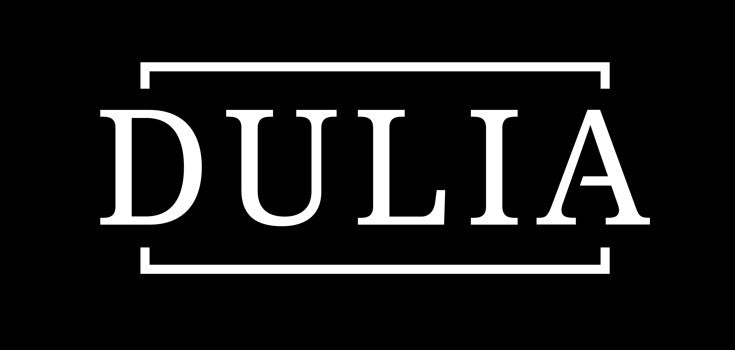Saint Thomas Becket
Feast Day: December 29
- Thomas Becket was born to Norman parents in London, England, on St. Thomas day (December 21st) circa AD 1119. He was educated at Merton Priory in Surrey, and at the University of Paris. Upon returning from France, Thomas learned that his parents had passed away, so he took a position as a clerk in the Sheriff of London's court. It was later when he secured a position with Theobald of Bec, the Archbishop of Canterbury.
- It was in Canterbury that Thomas considered living an ecclesiastical life. Theobald entrusted him with important missions to Rome, and sent him to Bologna and Auxerre to study canon law.
- Thomas was a hearty youth, "blithe of countenance…winning and lovable in conversation, frank of speech… [and] keen of discernment." He loved falconry and hunting and was eager to succeed. Given Thomas's gifts for diplomacy and administration, Theobald named Becket the Archdeacon of Canterbury in 1154. Thomas also received numerous benefices such as Provost of Beverly and canon of Lincoln and St. Paul's Cathedrals.
- Thomas's talents soon garnered the attention of King Henry II of England who appointed him Lord Chancellor of England in 1155. As Lord Chancellor, Thomas and King Henry became close personal friends. In 1159, King Henry went to war to regain the province of Toulouse which belonged to his wife's dowry. Thomas accompanied the King with seven hundred knights of his own, donning armor and engaging in battle alongside the king.
- While in France, Archbishop Theobald died, and King Henry resolved to make Thomas the next primate of England. Thomas resisted the king's plans to make him Archbishop of Canterbury, stating that their friendship would suffer because of the King's ambitions. Nevertheless, after a Vatican legate interceded on behalf of Pope Alexander III, Thomas resigned his office as Lord Chancellor, was ordained a priest and later consecrated as Archbishop of Canterbury in 1162.
- From this point forward Thomas exchanged his opulent life as Lord Chancellor for an ascetic and penitential one. His courtly robes became a simple black cassock, linen surplus, and sacerdotal stole about his neck. He wore a hairshirt close to his skin and went about the important administration of the church with zeal and piety.
- As predicted by Thomas, his relationship with the king soon soured over; it began with a case involving a churchman accused of murdering a soldier. The ecclesiastical court acquitted the churchman of murder, but made him pay reparations to the deceased man's family. King Henry was angered by the verdict and tried to have the churchman tried in secular court. Thus, a deep rift formed between Thomas and the king over the primacy of jurisdiction in matters between the sovereign and the church.
- Tensions rose over time, and at one point King Henry accused Thomas of financial dishonesty and other trumped-up charges. Defending his innocence, Thomas declared that he should be judged by the Pope alone, and subsequently fled to France. The quarrel between the two men dragged on for three years requiring the intercession of King Louis VII and Pope Alexander III to effect a reconciliation. On December 1, 1170, Thomas returned to Canterbury where the streets were lined with people welcoming him home in a triumphal procession.
- Despite the supposed reconciliation, issues related to the original dispute remained. While King Henry was in France attending to his lands, he is said to have stated in a fit of rage, "Will no one rid me of this most turbulent priest!" Four of King Henry's knights took the force of his words literally, and knights Reginald Fitzurse, William de Tracy, Hugh de Morville, and Richard le Bret left for England.
- On the evening of December 29, 1170, the four knights confronted the Archbishop in the Cathedral of Canterbury, where they murdered him in front of numerous witnesses on the cathedral's transept. Before he died, Thomas said, "For the name of Jesus and the protection of the church, I am ready to embrace death."
- Upon receiving the news of Thomas' death, King Henry shut himself away and fasted for 40 days. He knew his friend had died because of his angry remark. Later, King Henry publicly performed an act of penance at Thomas' tomb at the Canterbury Cathedral where received absolution from papal delegates.
- More than two years after his death, Pope Alexander III canonized St. Thomas Becket as a martyr and saint of the Catholic Church on February 21, 1173. He is the patron saint of secular clergy, priests, and deacons who serve in parishes.
Saint Thomas Becket, Pray for Us!
